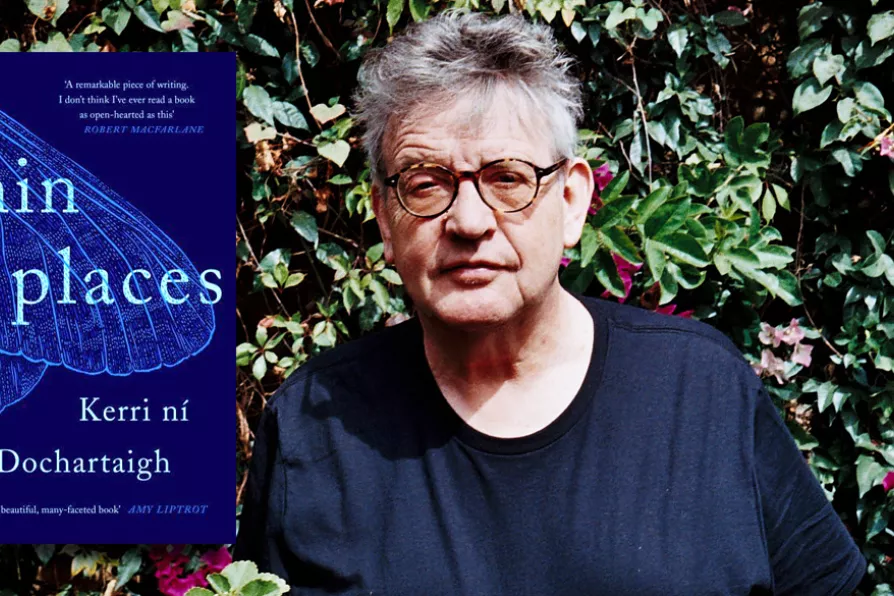JOHN GREEN, MARIA DUARTE and ANGUS REID review Fukushima: A Nuclear Nightmare, Man on the Run, If I Had Legs I’d Kick You, and Cold Storage

 THE INSPIRER: poet Paul Muldoon
[Alejandro Arras/Creative Commons]
THE INSPIRER: poet Paul Muldoon
[Alejandro Arras/Creative Commons]
KERRI NI DOCHARTAIGH’S Thin Places comes in on a tidal wave of nature books. Alarm at the speed of destruction of the natural world has set many writers to work and many publishers to spot a market.
Described as “a mixture of memoir, history and nature writing,” Ni Dochartaigh in this, her first book, turns to wild places and animals as a form of psychic escape.
It is the traumatic legacy of the Northern Ireland Troubles that creates the constantly unsettled fugitive, finding balm in the wild swimming she loves, in rivers, lakes and seas flowing through what she calls “thin places.”

Heart Lamp by the Indian writer Banu Mushtaq and winner of the 2025 International Booker prize is a powerful collection of stories inspired by the real suffering of women, writes HELEN VASSALLO

FIONA O'CONNOR recommends a biography that is a beautiful achievement and could stand as a manifesto for the power of subtlety in art

FIONA O’CONNOR is fascinated by a novel written from the perspective of a neurodivergent psychology student who falls in love










